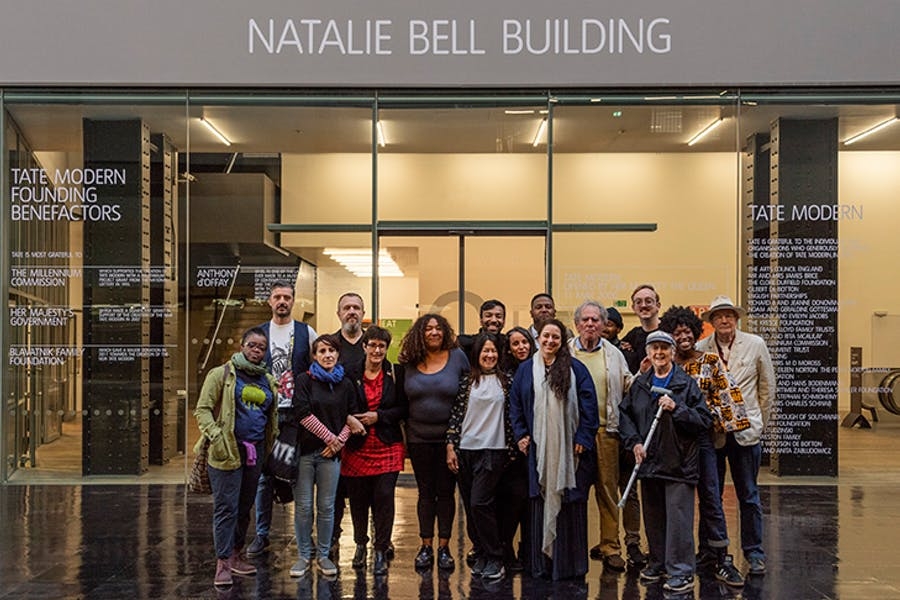How can we use digital technology to better enable positive change and greater accessibility to education and work?
We are really please to have been awarded 3k from the University of the Arts (UAL) Teaching and Learning Fund.
This project aims to explore socially engaged practice & social inclusion through a digital lens, provoking debate around the pervasive nature of digital technology and the positive & negative impacts on social inclusion.
The concept of socially engaged practice/social inclusion in arts education is not generally seen as a part of UAL everyday pedagogical discourse, particularly from a socio-economic diversity perspective.
We aim to create shared interest groups of UAL staff, students, alumni & external communities to focus on how we use digital technology to better enable positive change and greater accessibility to education and work.


